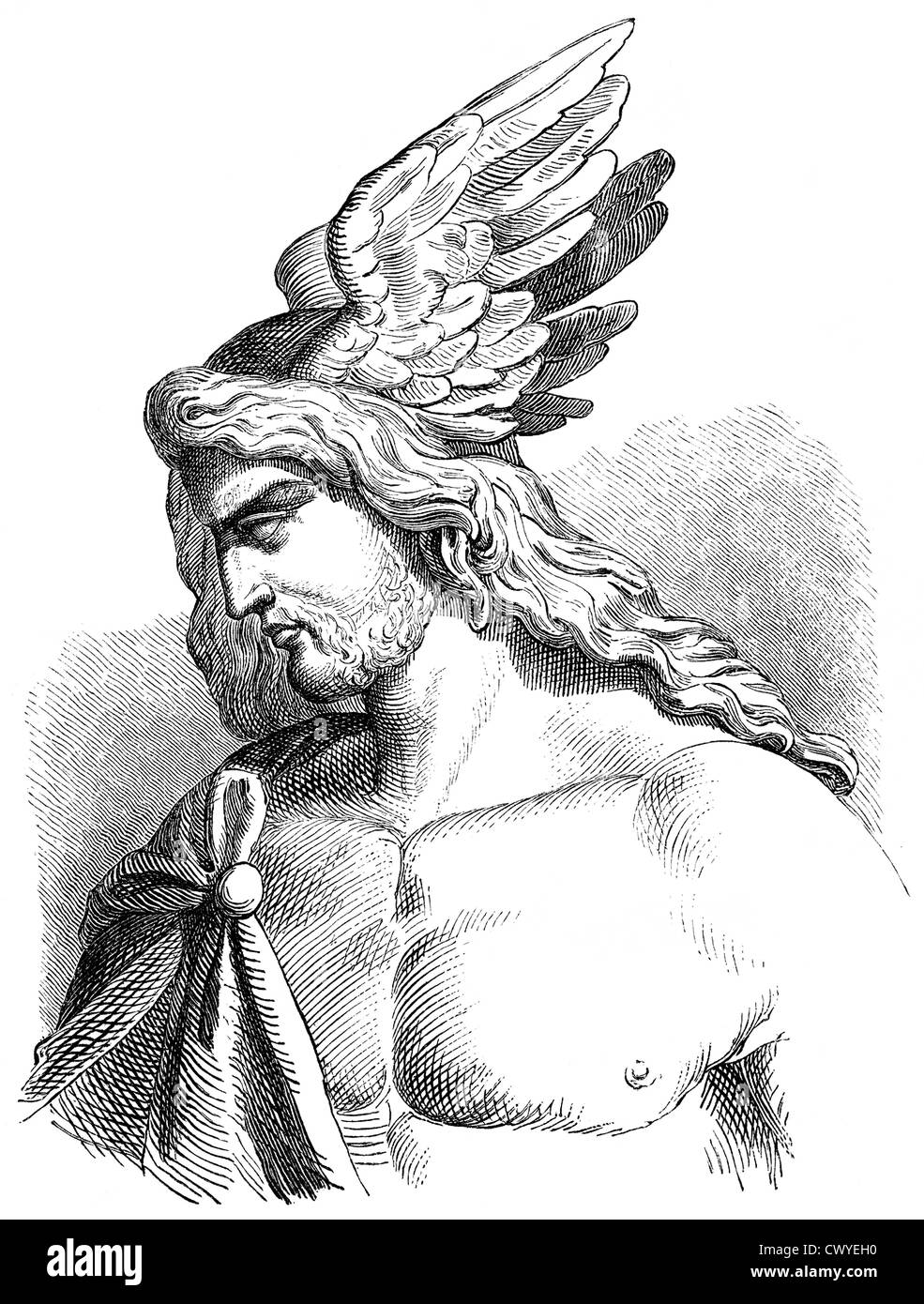

Although they accepted Heidelberg’s catechism as a primary declaration of faith, they did not require that their ministers or theologians adhere to the Calvinist principles, which were being developed in Geneva, by Beza. In order to understand the reasons that led to the acute controversy between Calvinism and Arminianism, it is necessary to understand the historical and political context in which the Netherlands was inserted at the time.Īccording to historians, such as Carl Bangs, author of ” Arminius: A Study in the Dutch Reformation (1985)”, the Reformed churches in the region were Protestant, in a general sense, and not strictly Calvinist. would lead to the inevitable logical consequence that God was the author of evil and sin.would violate the personal character of the relationship between God and man.they would be incompatible with the character of God, who is loving, compassionate, good and wants everyone to be saved.Even Philipp Melanchthon (1497-1560), Luther’s companion in the German Reformation, was a synergist, although Luther himself was not.Īrminius and his followers differed from Calvinist monergism because they understood that Calvinist beliefs in unconditional election (and especially unconditional disapproval), limited atonement and irresistible grace: The Arminians themselves used to claim that the Greek Church Fathers of the early centuries of the Christian era and many of the medieval Catholic theologians were synergists, such as the Catholic reformer Erasmus of Rotterdam. In fact, there are doubts as to whether he introduced anything new into Christian theology. Similarly, there are also variations between monergist beliefs, such as supralapsarianism and infralapsarianism.Īrminius was neither the first nor the last synergist in the history of the Church. Arminian synergism differs substantially from other forms of synergism, such as Pelagianism and semi-Pelagianism, as will be shown below.
#Joseph arminius free#
Īlthough he was a disciple of the notable Calvinist Teodoro de Beza, Arminius defended an evangelical form of synergism (belief that man’s salvation depends on cooperation between God and man), which is contrary to monergism, of which Calvinism is part (belief of that salvation is entirely determined by God, with no free participation of man). However, they are often seen as rivals within evangelicalism because of their differences over the details of the doctrines of predestination and salvation.

Within the vast field of the history of Christian theology, Arminianism is closely related to Calvinism (or Reformed theology), the two systems sharing the same history and many doctrines. Furthermore, Arminianism is often misinterpreted by some of its critics who include it in semi-Pelagianism or Pelagianism, even though defenders of both main perspectives vehemently deny these claims. Wesleyan Arminianism is sometimes synonymous with Methodism. There are two main perspectives on how the system can be applied correctly: classical Arminianism, which sees Arminius as its representative and Wesleyan Arminianism, which sees John Wesley as its representative. The term Arminianism is used to define those who claim the beliefs originated by Jacobus Arminius, but the term can also be understood more broadly for a larger grouping of ideas, including those of Hugo Grotius, John Wesley and others. Also the Methodists, the congregationalists of the first New England colonies in the 17th and 18th centuries, and the universalists and unitaries in the 18th and 19th centuries. Torbet) have been influenced by the Arminian view. Since the 16th century, many Christians including Baptists (See A History of the Baptists third edition by Robert G. The crux of remonstrant Arminianism lies in the claim that human dignity requires perfect freedom of agency. believers are able to resist sin, but they are not out of the possibility of falling from grace.without the help of the Holy Spirit, no person is able to respond to the will of God.the atonement, although qualitatively sufficient for all men, is only effective for the man of faith.the election (and condemnation on the day of judgment) was conditioned by man’s rational or non-faith.The five points of Remonstrance state that: The Synod of Dort (1618–19) was called by the general states to change Remonstrance. ”ĭutch Arminianism was originally articulated in Remonstrância (1610), a theological declaration signed by 45 ministers and presented to the Dutch state. Doctrinal acceptance spans much of Christianity from the first arguments between Athanasius and Origen, to Augustine of Hippo ‘s defense of ” original sin. The Arminianism is a school of thought soteriological ( the doctrine of salvation), based on the ideas of Dutch Jacobus Arminius (1560-1609) and its historical followers, the Remonstrants.


 0 kommentar(er)
0 kommentar(er)
